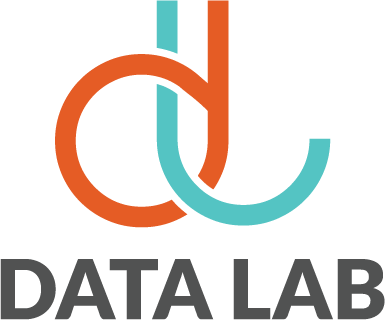
Mobile Apps Development
Mobile app development is the process of creating software applications specifically designed to run on mobile devices such as smartphones and tablets. This dynamic field involves designing intuitive user interfaces, developing functional features, and optimizing performance for platforms like iOS and Android. Mobile app developers use various programming languages and frameworks to build diverse apps, ranging from e-commerce and social networking to gaming and productivity tools. The development process includes planning, coding, testing, and deployment, with a focus on delivering engaging and user-friendly experiences tailored to the unique capabilities of mobile devices.
-
Native Mobile Apps:
- Developing applications specifically for a particular mobile platform, such as iOS or Android.
- Utilizing platform-specific programming languages (Swift or Objective-C for iOS, Java or Kotlin for Android) to optimize performance.
-
Cross-Platform Mobile Apps:
- Creating applications that can run on multiple platforms using frameworks like React Native, Flutter, or Xamarin.
- Streamlining development by sharing a significant portion of the codebase across iOS and Android.
-
E-commerce Mobile Apps:
- Building mobile applications for online retail, integrating features like product catalogs, shopping carts, and secure payment gateways.
- Enhancing the user experience with personalized recommendations and a smooth checkout process.
-
Social Networking Apps:
- Developing applications that facilitate social interactions, such as messaging, sharing content, and connecting users.
- Integrating social media APIs for seamless sharing and user engagement.
-
Health and Fitness Apps:
- Creating mobile applications for tracking health metrics, exercise routines, and nutrition.
- Integrating features like wearable device connectivity for real-time health data.
-
Education Apps:
- Building apps for e-learning, providing interactive content, quizzes, and video lectures.
- Implementing features for progress tracking and collaboration among students.
-
Travel and Navigation Apps:
- Developing applications for travel planning, itinerary management, and navigation.
- Integrating features like real-time maps, geolocation, and travel recommendations.
-
Finance and Banking Apps:
- Building secure mobile banking apps with features like account management, fund transfers, and mobile payments.
- Implementing biometric authentication and encryption for enhanced security.
-
Gaming Apps:
- Creating mobile games with engaging graphics and interactive gameplay.
- Integrating in-app purchases, social features, and multiplayer capabilities.
-
Productivity Apps:
- Developing applications that enhance productivity, such as task managers, note-taking apps, and collaboration tools.
- Integrating cloud storage and synchronization for seamless access across devices.
-
IoT (Internet of Things) Apps:
- Building applications that connect and control IoT devices through mobile interfaces.
- Integrating with smart home devices, wearables, and other IoT ecosystems.
-
Augmented Reality (AR) and Virtual Reality (VR) Apps:
- Developing applications that leverage AR or VR for immersive experiences.
- Creating apps for gaming, education, or simulations using ARKit, ARCore, or VR platforms.
If Data Lab specializes in mobile app development, you may find more detailed and accurate information about the types of projects they handle by checking their website, portfolio, or contacting them directly.
